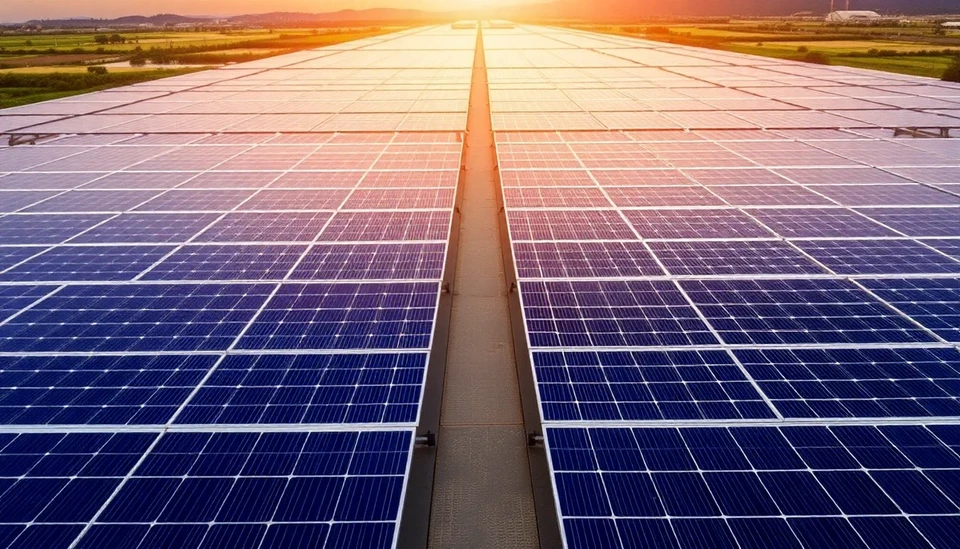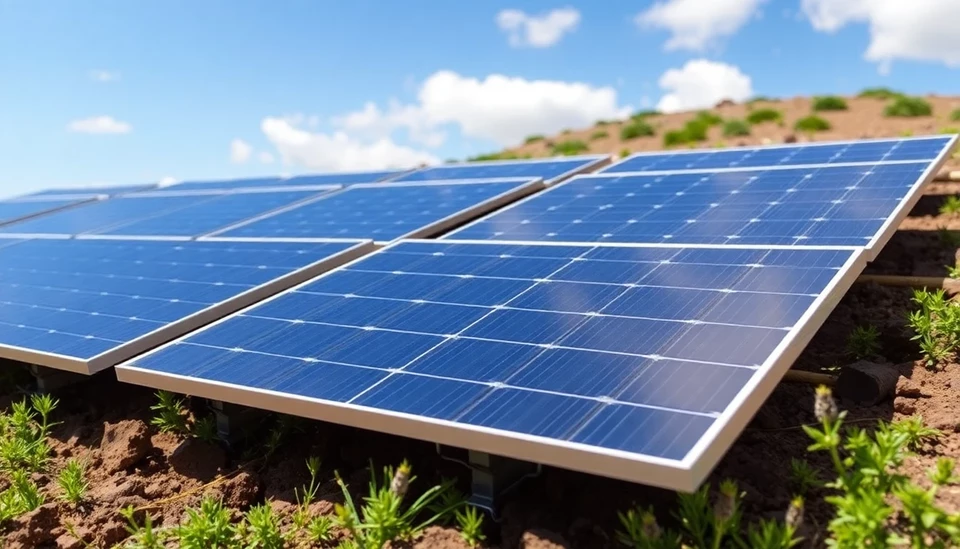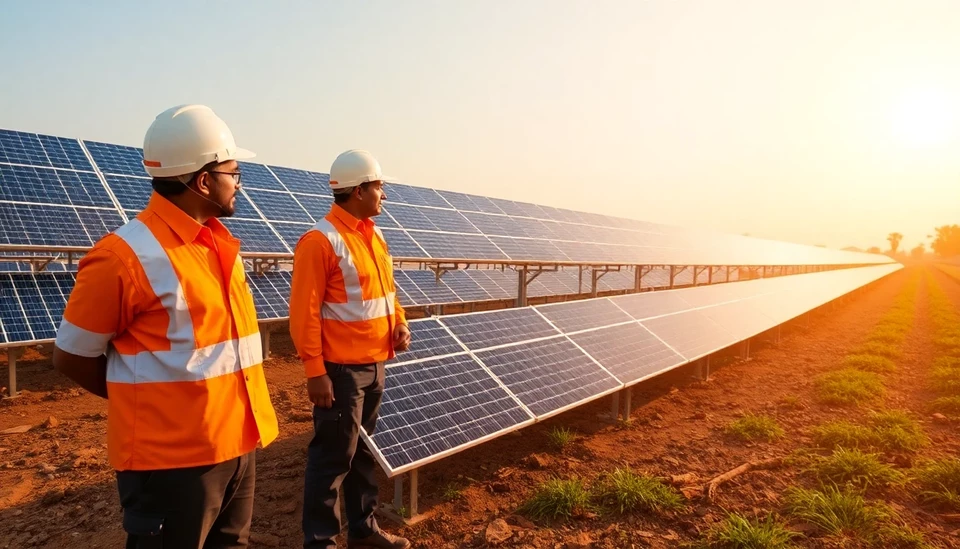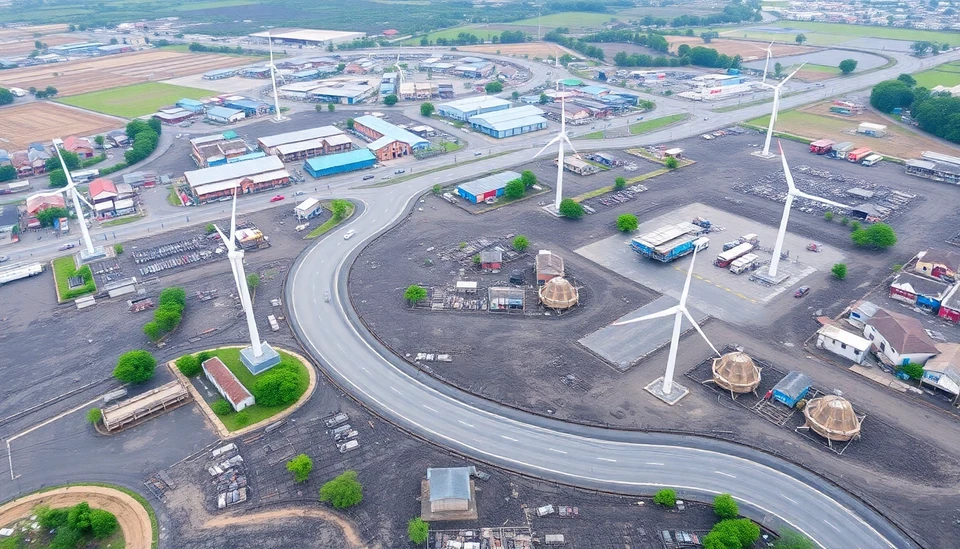
In a significant move affecting the global solar energy market, China's solar manufacturers have begun to enforce self-discipline measures aimed at stabilizing the industry's growth and addressing the ongoing price volatility of essential materials. This initiative, although primarily localized, is creating ripples in international markets, influencing costs for solar producers around the world.
The key focus of these self-regulatory measures is to curb excessive competition and price wars among solar panel manufacturers in China. The country, being the world’s leading producer of photovoltaic (PV) products, has seen a dramatic decline in material prices due to aggressive undercutting strategies. However, with these new guidelines in place, they aim to align production with market demand, ultimately fostering a more sustainable pricing framework.
Reports indicate that the price of polysilicon, a vital component in solar panel manufacturing, has experienced a notable increase as a direct consequence of these measures. As the production of PV panels ramps up in anticipation of increased global demand, the surge in polysilicon prices reflects both an immediate response to these self-imposed controls and a broader trend toward higher raw material costs within the green energy sector.
The solar industry in China, which has been historically characterized by fierce competition and rapid expansions, is now witnessing a shift. Industry players are recognizing the importance of cooperative efforts to maintain market stability. This has led to increased focus on the sustainable growth of production capabilities while also fostering innovation. The implications of these self-discipline regulations extend beyond pricing; they play a crucial role in reinforcing China's commitment to developing a responsible and environmentally-friendly energy sector.
In reaction to the changes, analysts have noted that while short-term price spikes could impact profit margins for solar manufacturers, the long-term benefits may outweigh them. This includes greater predictability in raw material markets, which can lead to more strategic investments in technology and infrastructure, ultimately enhancing the industry's resilience against market fluctuations.
International observers and stakeholders within the solar energy landscape are keenly watching these developments. The repercussions of China’s new policies could profoundly reshape global supply chains and energy markets, particularly as countries strive to meet their renewable energy targets in light of global climate change commitments.
As these changes unfold, manufacturers and investors alike are hopeful that increased discipline within the Chinese market will lead to a healthier, more sustainable energy economy that balances growth with financial viability. The current trend indicates an era of transformation for the solar industry, one that could redefine how solar energy is produced and consumed worldwide.
#SolarEnergy #China #RenewableEnergy #Polysilicon #GreenEnergy #SustainableGrowth #SolarManufacturing
Author: Victoria Adams




